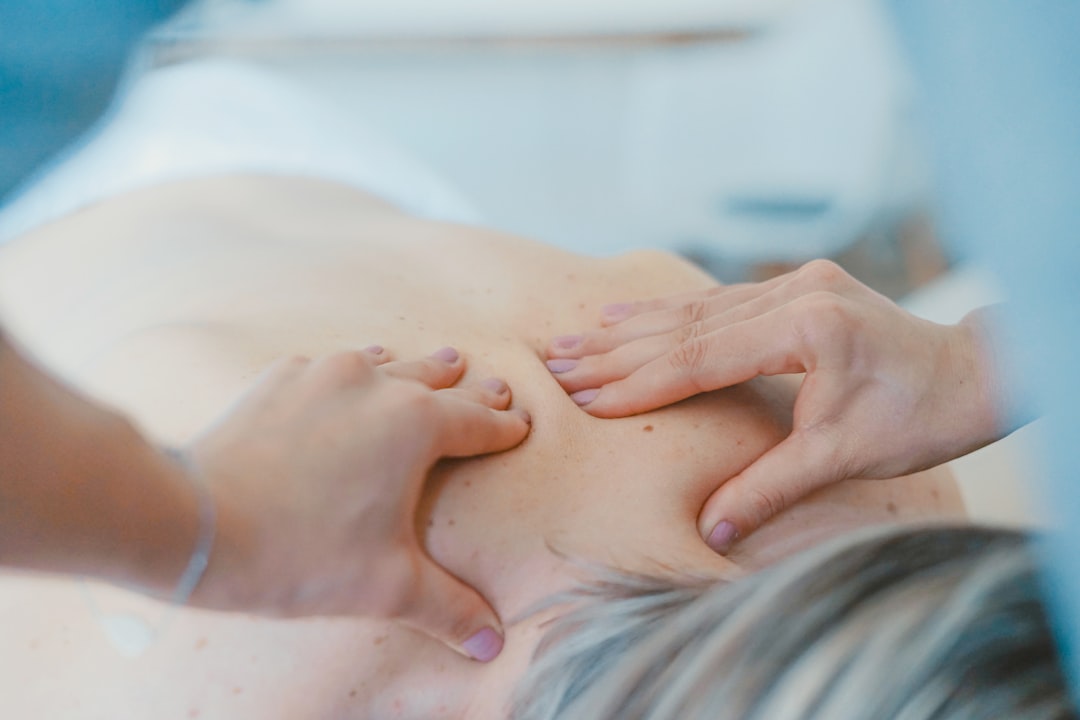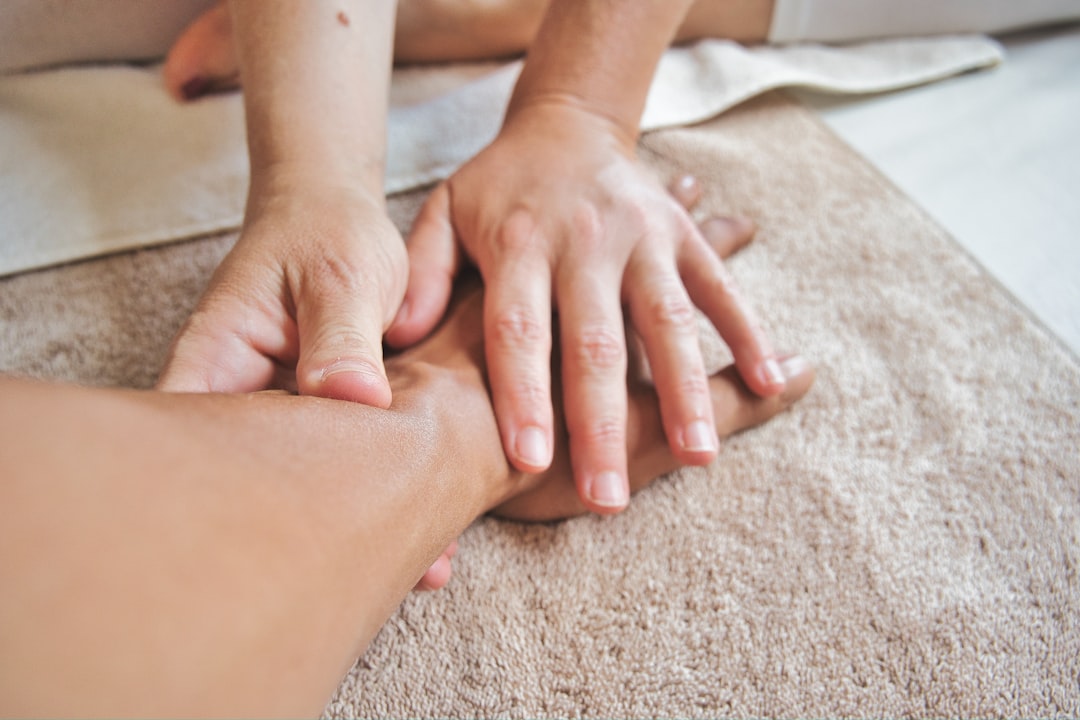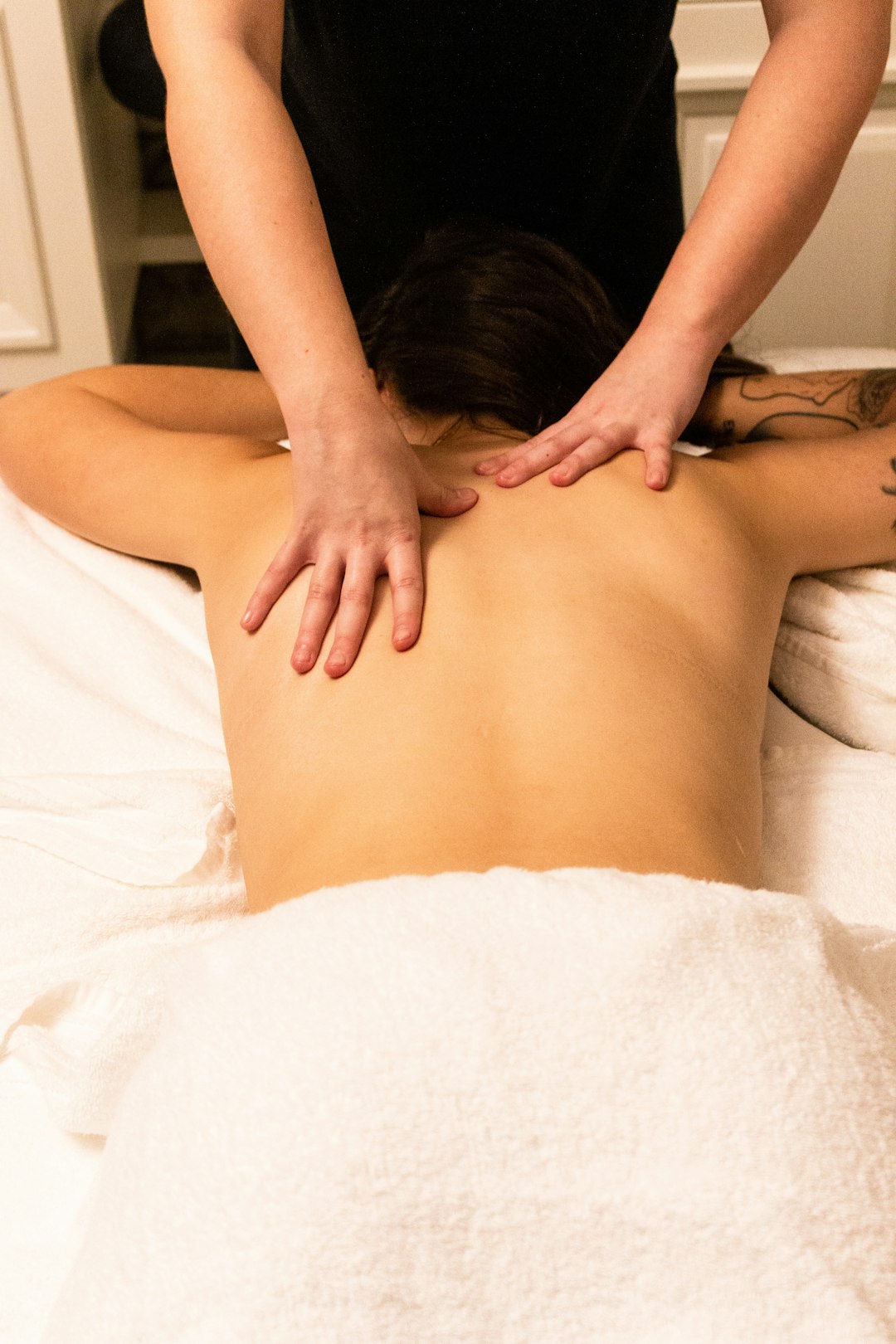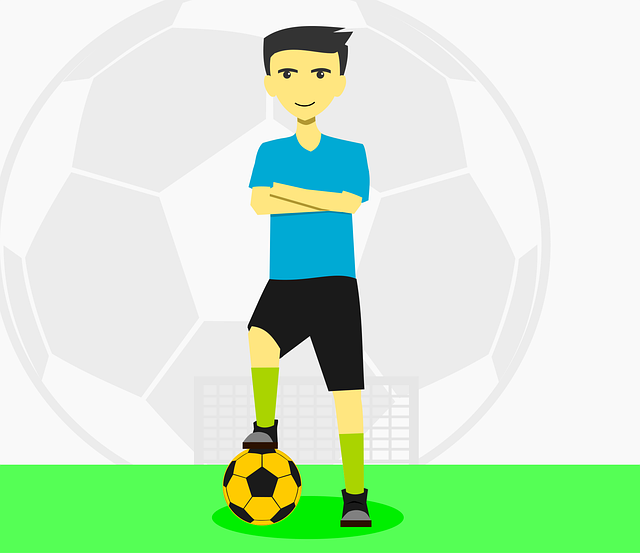Massage therapy in Jersey City, NJ, goes beyond physical benefits, serving as a social connector and well-being tool. With a surge in massage abuse cases, the city prioritizes client safety through rigorous regulations, licensing, and staff training. A dedicated massage abuse law firm ensures accountability while fostering trust and community building through initiatives like "Healing Hands." Jersey City's holistic approach promotes accessible, secure, and ethical massage practices for all residents.
In Jersey City, New Jersey, massage therapy has evolved from a mere relaxation tool to a vital community pillar. However, this wellness trend has also seen a rise in abuse cases, prompting local efforts for legal protection. This article delves into the complex relationship between massage and community, exploring initiatives that foster trust and safety. From regulatory responses by a leading massage abuse law firm in Jersey City NJ to community-driven healing spaces, these measures ensure clients receive legitimate, secure treatments.
Massage Therapy: A Pillar of Jersey City Community
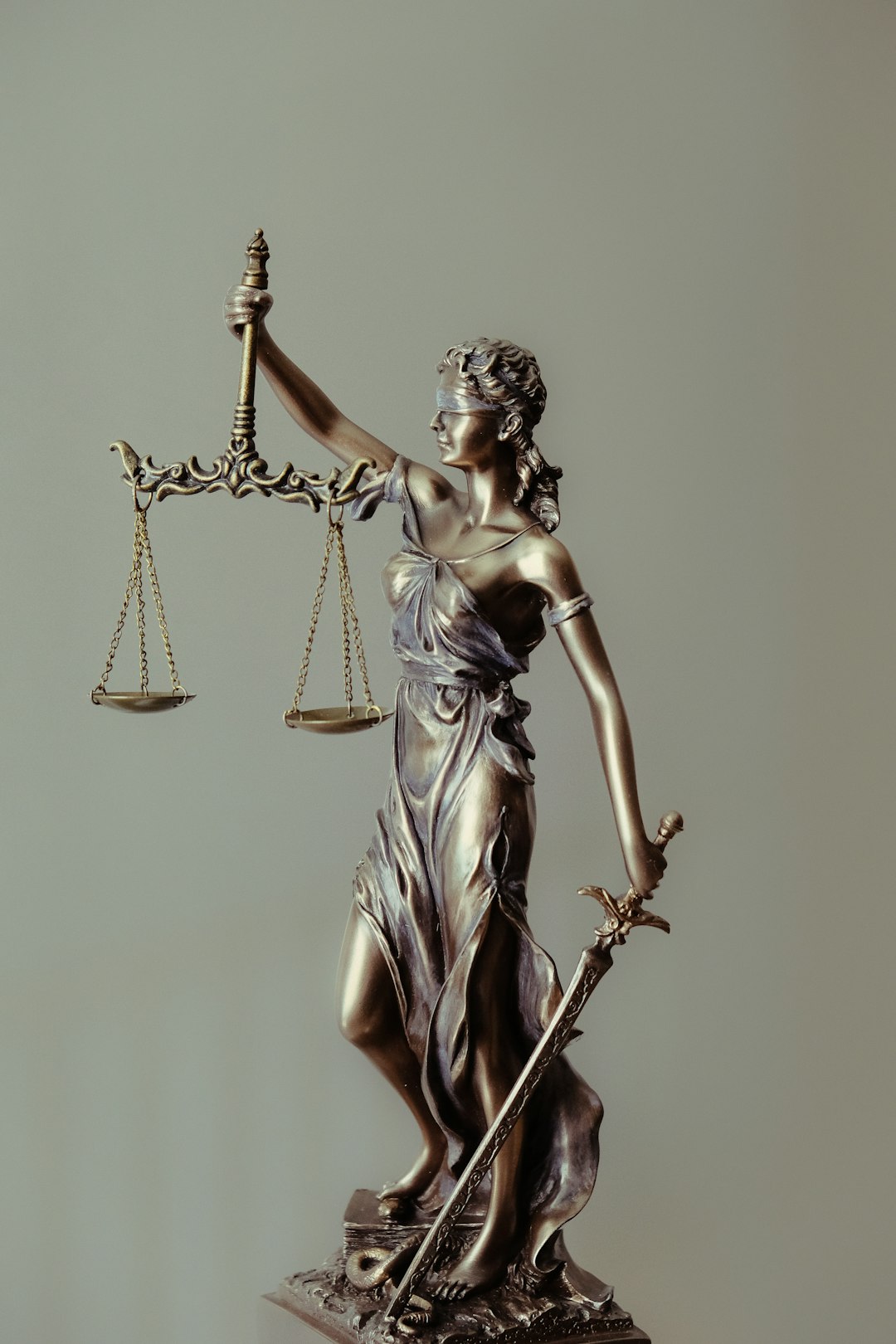
Massage therapy has become an integral part of the fabric that weaves together the vibrant community of Jersey City, New Jersey. Beyond its physical benefits, massage serves as a powerful tool for social connection and overall well-being. In this bustling metropolis, where diversity and cultural richness are celebrated, massage therapists play a pivotal role in fostering a sense of belonging and community.
The impact of massage extends beyond the confines of spa walls, touching lives and strengthening bonds within Jersey City’s diverse population. As concerns over massage abuse law firm cases in the area highlight the need for responsible practices, the city’s supportive community embraces ethical and professional therapists who contribute to its overall health and harmony. This symbiotic relationship between massage therapy and the community reinforces Jersey City’s reputation as a place where holistic well-being is cherished and prioritized.
The Rise of Massage Abuse Cases in NJ
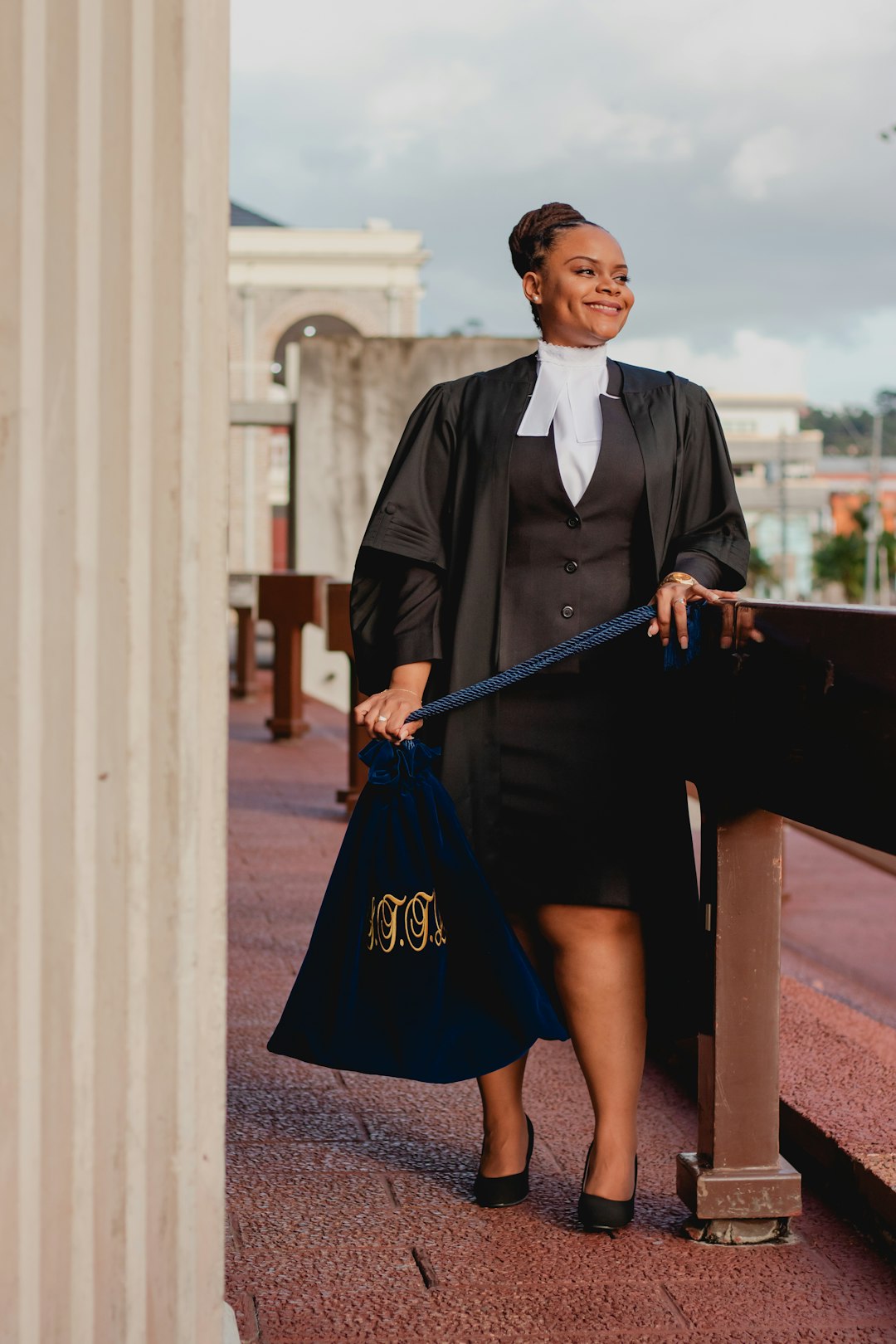
In recent years, there has been a growing concern regarding massage abuse cases in New Jersey, particularly in vibrant cities like Jersey City. The rise in these incidents has prompted discussions about the need for stricter regulations and increased awareness within the wellness industry. Many victims find themselves in a complex situation, often hesitant to speak up due to fears of retaliation or stigma associated with such disclosures. This trend has not gone unnoticed by local massage abuse law firms in Jersey City NJ, who are now at the forefront of advocating for survivors and holding perpetrators accountable.
The prevalence of massage abuse cases highlights the importance of strengthening legal frameworks and educating both clients and practitioners on consent, boundaries, and professional ethics. With proper guidance and enforcement, the community can foster a safer environment where individuals seeking relaxation and healing can do so without fear of exploitation or trauma.
Legal Protections for Clients: Jersey City's Response
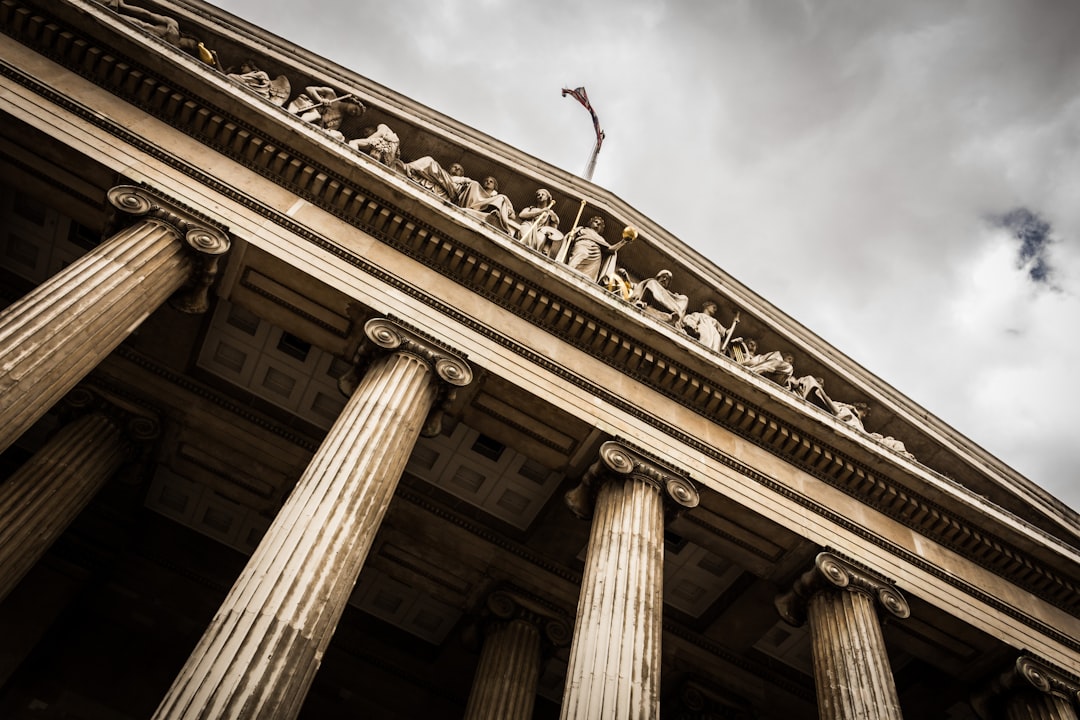
In Jersey City, NJ, the well-being of massage clients is taken seriously, with robust legal protections in place to combat potential massage abuse. The city has responded proactively to incidents of misconduct by implementing stringent regulations and licensing requirements for massage therapists. These measures aim to ensure a safe environment for patrons seeking relaxation or relief from pain.
Local laws and the presence of a dedicated massage abuse law firm serve as deterrents, providing clients with legal recourse if they experience any form of abuse or exploitation during their sessions. The strict oversight helps maintain a standard of professionalism among practitioners, fostering trust within the community and promoting a culture where everyone can enjoy the therapeutic benefits of massage without fear or concern.
Building Trust: How Massage Businesses Adapt
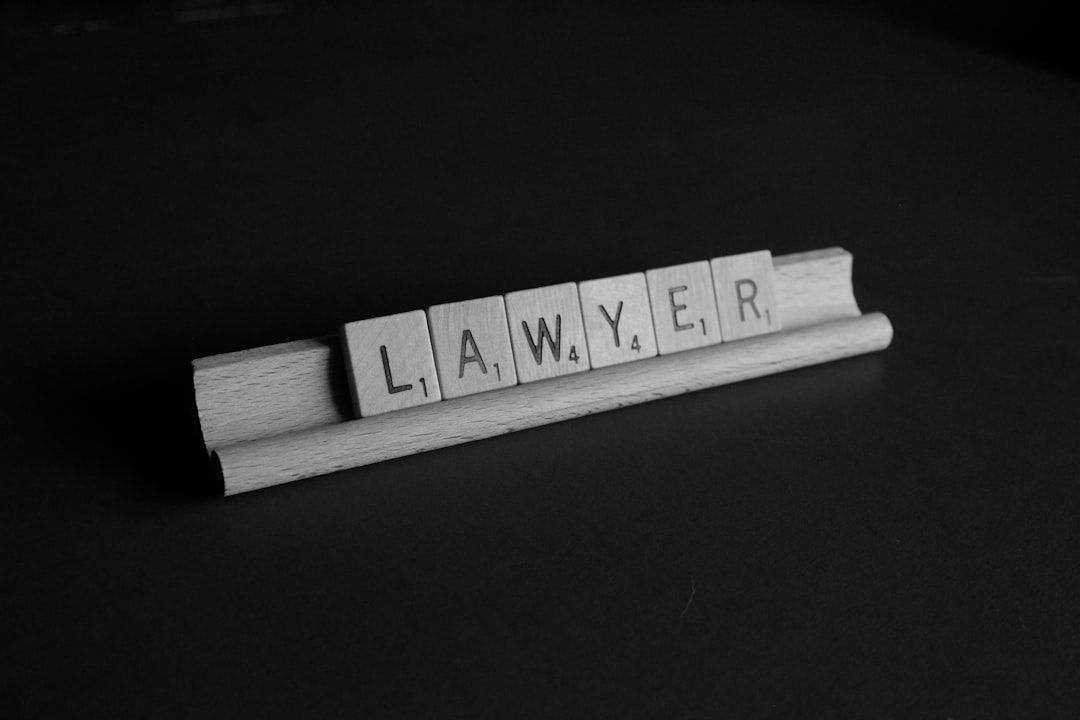
In Jersey City, New Jersey, where the wellness industry thrives, massage businesses play a vital role in fostering community and healing. One significant aspect that contributes to this is the establishment of trust between clients and practitioners. With an increasing awareness of massage abuse and misconduct, businesses are adapting to ensure safe and ethical practices. They implement rigorous training for their staff on consent, boundaries, and recognizing signs of discomfort or manipulation, addressing potential issues before they arise.
Moreover, these establishments often create supportive environments, encouraging open communication and feedback from clients. By fostering a culture of transparency, they not only build trust but also contribute to the development of more responsible and mindful practices within the industry. This proactive approach is essential in maintaining a healthy relationship between massage services and the community they serve, especially considering the relevance of massage abuse law firm Jersey City NJ for addressing potential misconduct.
Healing Hands, Safe Spaces: Community Initiatives

In the vibrant and diverse community of Jersey City, New Jersey, there’s a growing recognition of the therapeutic power of touch. Beyond its physical benefits, massage is increasingly understood as a tool for fostering social connections and creating safe spaces within the community. This trend has led to the emergence of various initiatives that combine the art of massage with the spirit of community building.
One notable example is “Healing Hands,” a non-profit organization dedicated to providing free or low-cost massages to individuals facing economic hardships, trauma, or those who are part of marginalized communities. By addressing massage as a form of care and healing, Healing Hands helps to break down barriers and offers relief from stress and physical pain. In a city like Jersey City, where issues related to massage abuse law firm have been in the spotlight, such initiatives play a crucial role in ensuring that access to quality massage is not only available but also safe and inclusive for all residents.

